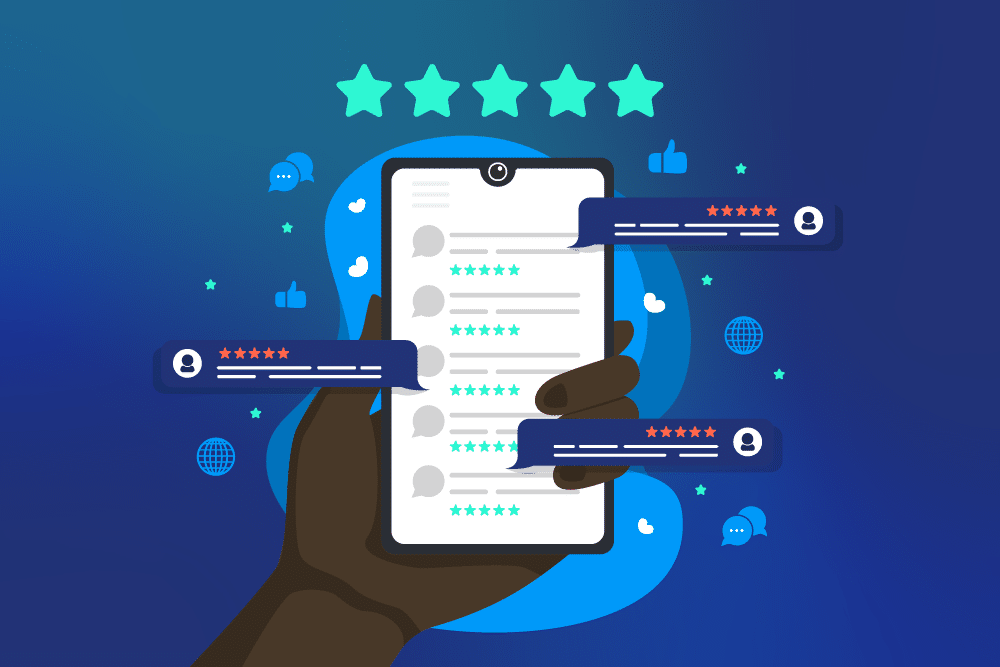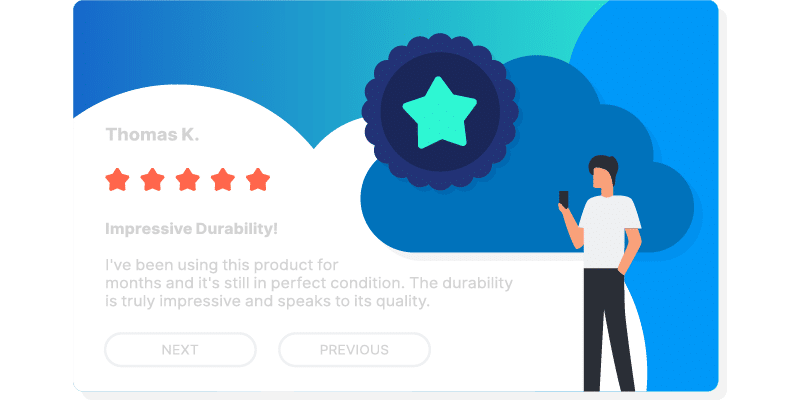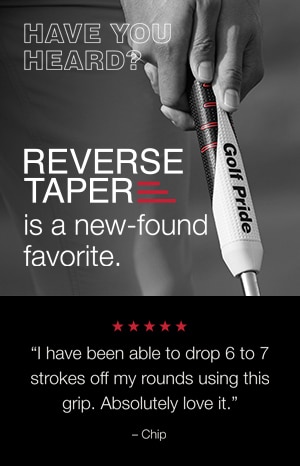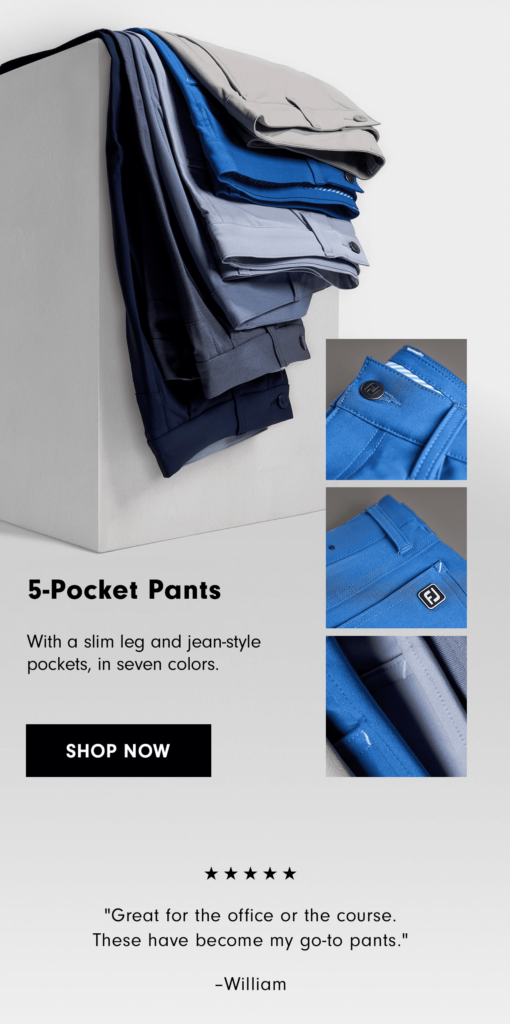
How to Use Customer Testimonials in an Authentic Way

Customer testimonials are more than just words on a page. They serve as powerful trust signals, establishing social proof and building credibility and rapport with your audience.
The value of hearing directly from satisfied (or dissatisfied) customers cannot be overstated; their experiences and preferences provide unique insights that can diversify and strengthen your brand’s marketing messaging.
However, the impact of testimonials hinges on authenticity. It is essential to recognize and uphold the integrity of customer testimonials and use them properly in your campaigns. In this blog, we’ll explore the importance of authentic testimonials and how to use them.

3 Types of Testimonials
Customer testimonials come in various forms, each offering distinct advantages depending on your marketing strategy and preferred content channels. While there is no one-size-fits-all approach, understanding how each type of testimonial works can help you leverage them effectively throughout the customer journey.
Where you can share testimonials is almost endless—on your website, newsletter, sales emails, product or service brochures, landing pages or checkout pages, in paid campaigns and anywhere else you wish to bring in a unique perspective only a customer could share.

Online Reviews (Google, Yelp, etc.)
Written online reviews provide social proof directly from customers on platforms like Google, Yelp, the Better Business Bureau and more. These testimonials are easily accessible and offer credibility, as they are typically shared freely without any brand influence or monetary gain.
User-Generated Content (UGC)
User-generated content includes testimonials shared by customers on social media platforms such as TikTok, Facebook, X, Instagram, Reddit and others. UGC offers a quick but in-depth look at someone’s experience of your brand and is particularly valuable for its authenticity, as it often originates from spontaneous, genuine customer enthusiasm. They are highly persuasive because they allow potential customers to see and hear real people interact with your brand.
Incentivized Reviews
Incentivized reviews are given by customers who receive a perk or a reward in exchange for their review of a brand or product. These rewards can be in the form of discounts, gift cards, free products and more, and are used by businesses to encourage customers to share their experiences. This marketing tactic works in tandem with using brand loyalists or influencers (or a mix of both) to further amplify your brand.
Incentivized reviews should be used sparingly to avoid cheapening the authenticity and genuineness of your business. Plus, incentivized reviews may lead to reviewers giving biased or exaggerated feedback in return for a reward, which can potentially mislead customers. The Federal Trade Commission (FTC) requires reviewers to disclose when their review was incentivized, adding an extra layer of protection for consumers.
A Word to the Wise: Fair Use and the FTC’s New Rule
Keep fair use best practices in mind when sourcing testimonials for your content. These will vary depending on how and where you use the testimonial and your geographic location.
For example, if you’re running advertisements or adding quotes to your website sourced from a Google review, you must first receive permission from the individual. To repost a customer’s Instagram story on your business page, simply tag them or share as-is. Remember to be sensitive to people’s privacy and use only their first name or first name and last initial when sharing quotes.
Testimonial accuracy is also crucial—as of August 2024, the Federal Trade Commission announced a final rule taking action against businesses using fake reviews (including incursion of fines and civil penalties) and prohibiting businesses from buying positive or negative reviews.
Why They Matter: How Testimonials Can Impact Your Marketing Campaigns
Testimonials can significantly impact your marketing campaign by validating your brand’s promises through real customer experiences. They can drive tangible results like increased engagement on organic social posts, higher conversion rates and increased sales. In fact, testimonials on sales pages can increase conversions by over 34%, according to studies by WikiJob and VWO.

Testimonials work effectively at different stages of the funnel on both paid and organic channels—from generating initial interest and helping convert people with high purchase intent to fostering deeper connections with existing customers.
Additionally, they contribute to intangibles, such as enhanced brand trust and deeper product insights. By integrating testimonials into your campaigns, you can create a compelling narrative that not only attracts new customers but also strengthens relationships with those who have already made a purchase, ultimately driving long-term success.
Best-in-Class Examples of Testimonial Marketing
Example 1: Barefoot Lawn Care’s Real Customer Testimonial Video
Example 2: Product Promotion Using Customer Reviews

Example 3: Pairing Testimonials With Product Recommendations


Elevate Your Marketing Campaigns
Unlock Lasting Digital Growth With Our Proven Website Formula
TriMark doesn’t just build sites—we build conversion engines designed to deliver real growth. No matter your goal, we’ll create an online space that will work as hard as you do, ensuring that your customers get perfect experiences that earn you their trust. Get in touch with us today to get things moving!
CONTACT US
Work With TriMark
We don’t do one-size-fits-all. We build custom strategies that solve real business problems and drive results you can measure. Let’s talk about how we can grow your brand—starting today.
Keep Reading
Discover What Drives Results

